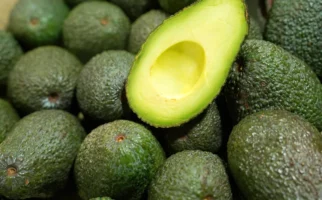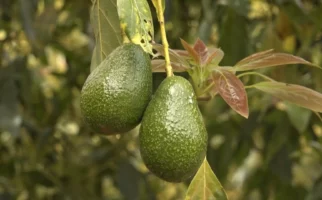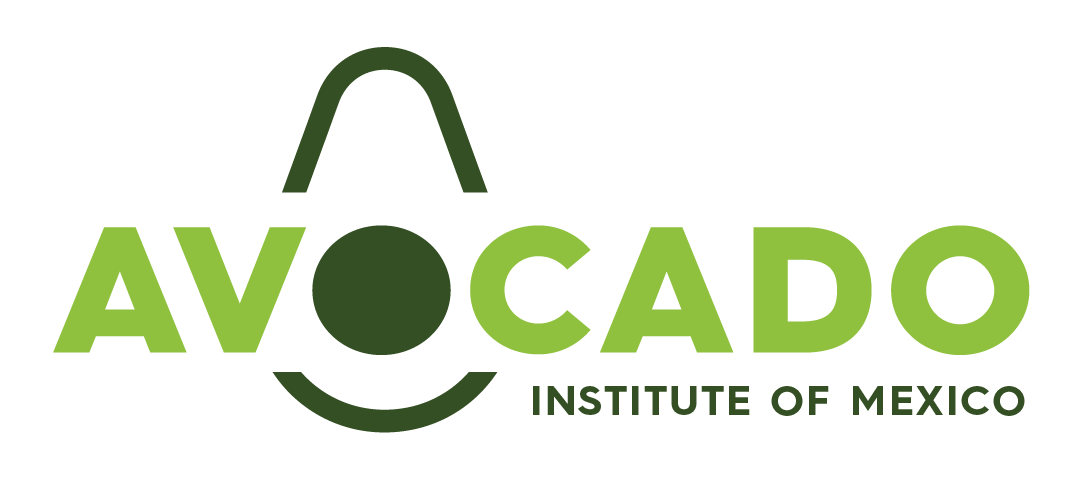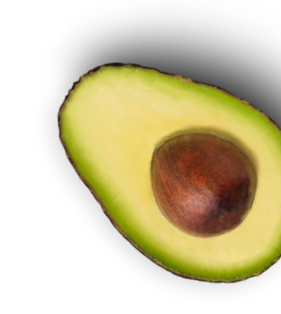APEAM Facilitates Safe and Efficient Return to Mexican Avocado Import Operations

The Association of Avocado Exporting Producers and Packers of Mexico (APEAM) has helped expedite an effective, safe return to daily operations in the wake of a brief pause in avocado imports to the United States in February. By diligently collaborating with U.S. and Mexican authorities, APEAM helped protect and strengthen the supply chains that bear an important socioeconomic significance for both countries. The $3 billion Mexican avocado industry contributed to more than $6.5 billion in U.S. economic output in 2019-2020, per a Texas A&M University report.
To accelerate the process that would lead to resumed avocado exports, APEAM facilitated communication between Mexican and American authorities. The organization’s involvement included enacting additional safety measures for USDA inspectors in the orchards who check for pests, diseases, and full compliance with food quality protocols. APEAM also worked closely with the U.S. Embassy in Mexico’s regional security officer, Mexico’s national plant protection organization (SENASICA), and the U.S. Department of Agriculture’s Animal and Plant Health Inspection Service (APHIS) to revive the supply chain operations quickly and efficiently.
The Mexican avocado industry has established a vibrant local economic engine for Michoacán that has encouraged regional economic growth. It has created approximately 78,000 direct and permanent jobs and 310,000 indirect and seasonal jobs in Michoacán, and more than 33,000 jobs for American workers. Shortly after imports to the U.S. resumed in early March, U.S. Ambassador to Mexico Ken Salazar visited a Michoacán avocado-packing plant. Salazar’s visit to Mexico’s avocado-growing hub emphasized the fruit’s impact on the vitality of the two countries’ economies and how they work together. “Now it is clear to me the real value that the so called ‘green gold’ has for our supply chains, for the families of producers, and for the region’s prosperity,” Salazar said in a March 9 tweet.
I visited avocado producers and packers in Michoacan. Now it is clear to me the real value that the so called “green gold” has for our supply chains, for the families of producers, and for the region’s prosperity. https://t.co/MLEBId6Asm
— Embajador Ken Salazar (@USAmbMex) March 9, 2022
To reinforce the safety and proficiency of an industry depended upon by so many individuals, APEAM worked with the USDA and the Mexican government to create an intelligence and security unit that directly supports the export program. Also, an operational security plan established by the Michoacán government was implemented immediately. The implementation of these safety protocols is auxiliary to existing safety measures and APEAM’s responsibility to ensure food safety and quality, and will help keep USDA inspectors safe and enhance the full value chain in Mexico.
APEAM’s heightened commitment to align with established trade agreements and actively participate with Mexican and U.S. authorities is an indication of the avocado export program’s bureaucratic efficiency and positive working relationships that keep local economies thriving.
Click here to learn more about the economic importance of the Mexican avocado industry.
Mexican avocado industry plans ‘Path to Sustainability’
The plan seeks to organize existing sustainability efforts, expand them, establish measurable goals and make the Mexican avocado industry more…
Anuncia el Gobierno de México un programa de agroexportaciones sobre libre deforestación y con trabajo formal
El programa comenzará con la cadena productiva del aguacate y progresivamente se incorporarán otros cultivos
The path to sustainability in the Mexican avocado landscape
Mexico's avocados star in some of Americans' favorite dishes. Beyond the plate, the fruit is driving real economic impact on…












